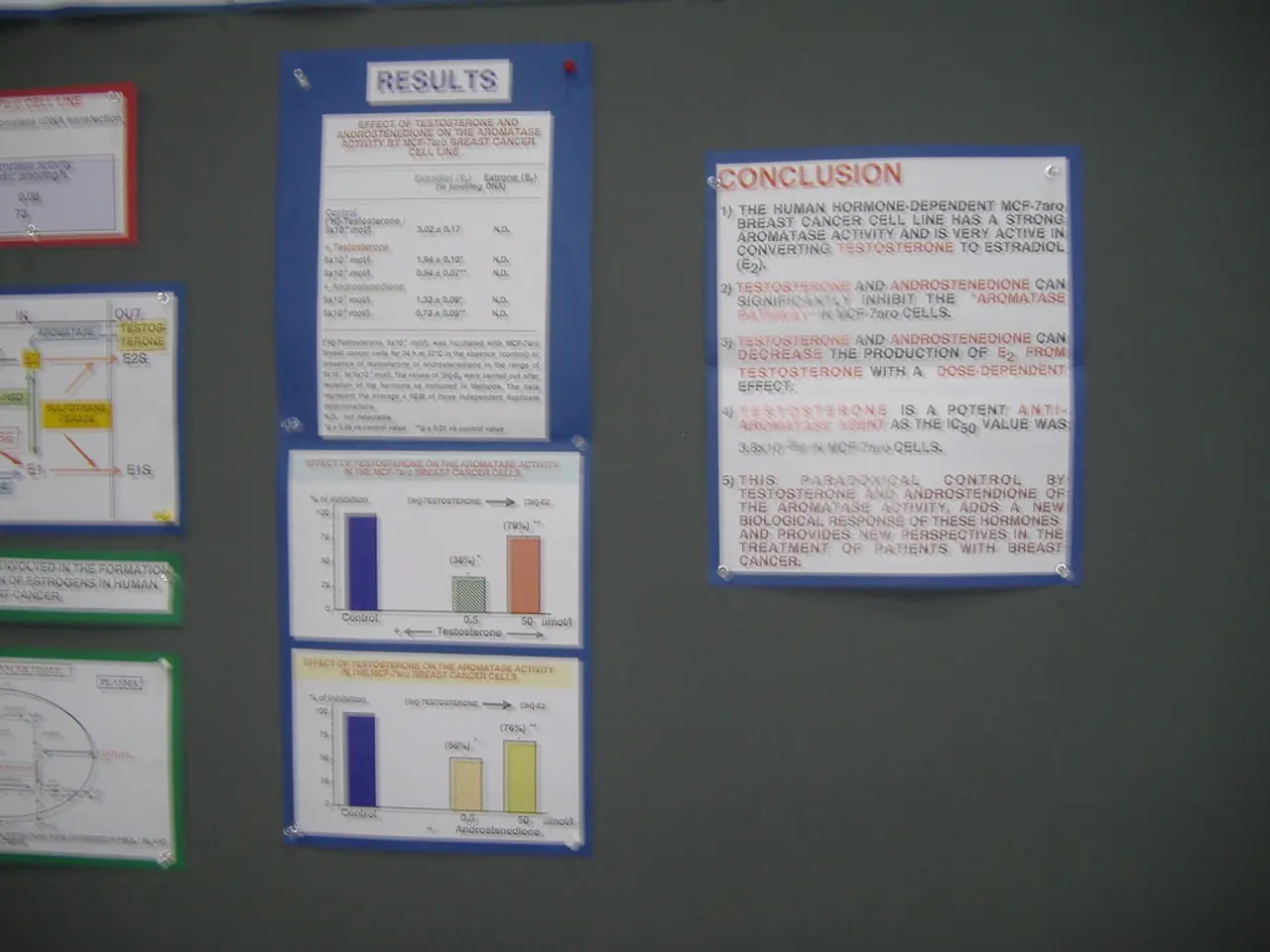Loose fiscal policies could pose risks, caution Klingbeil's advisors for the debt limit rule
German Finance Advisors Warn Against Easing Debt Brake
In a statement issued on Friday, advisors to Finance Minister Lars Klingbeil (SPD) have warned against further easing of Germany's debt brake mechanism. The advisors, including Ifo President Clemens Fuest, former economic expert Volker Wieland, and finance professor Thiess Büttner, believe that an effective limitation of new debt is more important than ever.
The debt brake, a mechanism limiting new debt, is under scrutiny as the country faces a large and growing budget shortfall, estimated at about €172 billion by 2029. This pressure has led to ongoing debates and proposals around the reform of Germany's constitutional debt brake.
The advisors' statement comes in response to recently approved billion-dollar loans and is a reflection of their concern about the accumulation of disproportionately high debt in Germany. They warn that such debt could endanger the stability of the euro and potentially lead to violations of EU guidelines.
The debate on reforming the debt brake is divisive within the German government. The SPD, represented by Finance Minister Klingbeil, prioritizes growth, fairness, and investment in infrastructure, climate protection, education, and social security, alongside pursuing strict budget consolidation across ministries to address deficits. On the other hand, the Union, with Chancellor Friedrich Merz, has softened its traditional opposition to borrowing but still faces intra-coalition criticism for this shift from prior fiscal conservatism.
The advisors, however, urge reform to make the debt brake more adaptable and realistic given economic needs. They stress the importance of making fiscal rules more flexible to allow necessary investment—particularly in infrastructure and climate action—while safeguarding fiscal sustainability.
The federal government has established a commission to develop proposals for reforming the debt brake by the end of the year. The debt brake commission includes members from the independent scientific advisory board of the Ministry of Finance, such as Ifo President Clemens Fuest, former economic expert Volker Wieland, and finance professor Thiess Büttner. They suggest using the planned discussion on reforming the debt brake as an opportunity to improve its effectiveness.
The government is implementing special off-budget infrastructure and climate funds to bypass the debt brake limits somewhat, but this approach faces criticism for understating true borrowing and fiscal risk. The ruling coalition intends to pass reforms that loosen the debt brake's strict borrowing limits specifically for investments considered critical, such as in defense, infrastructure, and climate neutrality, while simultaneously committing to budget consolidation in other areas.
Heavy industry and business leaders have urged the government to reform the debt brake and speed up infrastructure approvals to support economic recovery and competitiveness. The advisors' statement serves as a reminder that while investment is necessary, it must be balanced with fiscal responsibility to ensure the stability of the euro and adherence to EU guidelines.
[1] Bundesregierung will Debt-Brake-Reform voranbringen [2] Germany's Merz wins backing for €500bn debt reform [3] Germany's finance minister Lars Klingbeil: 'We have to invest in the future' [4] Germany's debt brake: Why the debate is heating up [5] German business leaders call for debt brake reform
[1] German business leaders, including heavy industry leaders, have expressed their support for the proposed reform of the debt brake, emphasizing the need for balancing necessary investment with fiscal responsibility to maintain the stability of the euro and adhere to EU guidelines.
[2] The ongoing debates surrounding the reform of Germany's constitutional debt brake have taken a new turn with the recent backing of Chancellor Friedrich Merz for a €500bn debt reform, as the country grapples with economic recovery and competitiveness.




